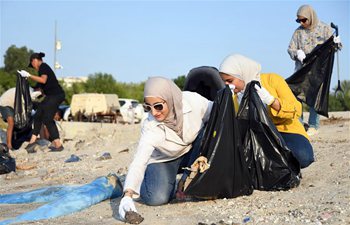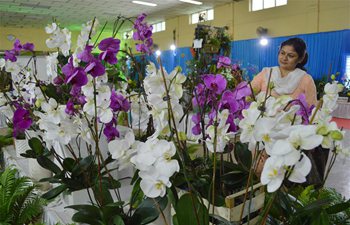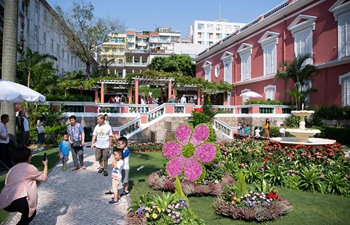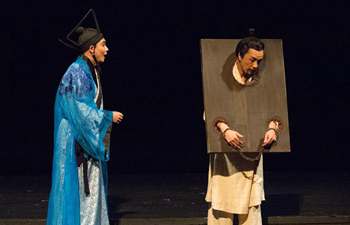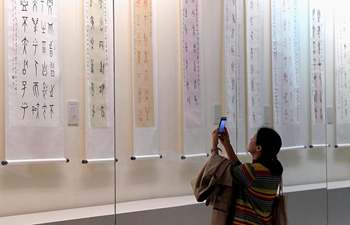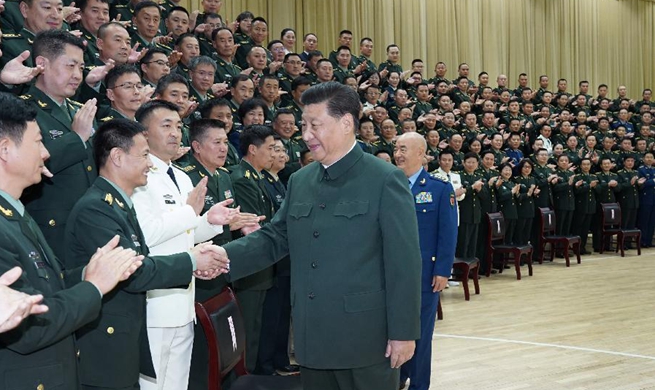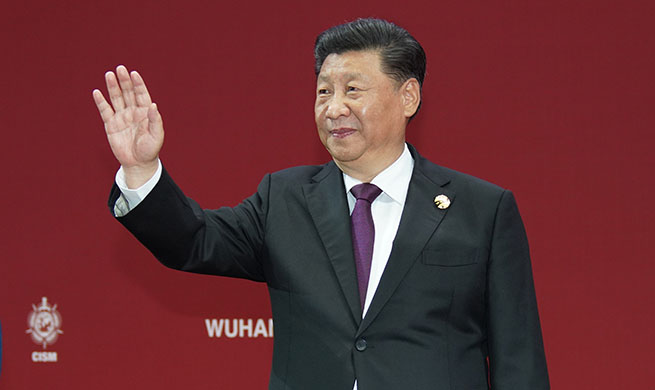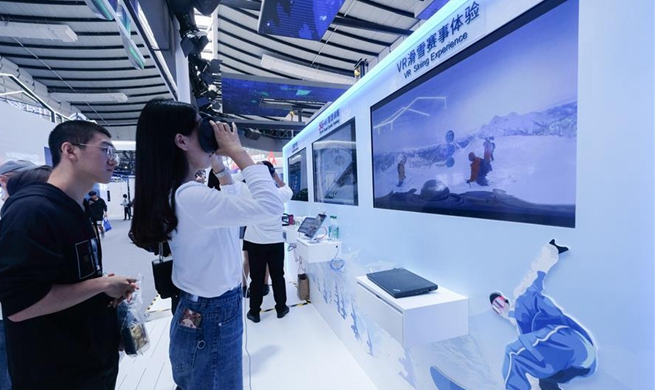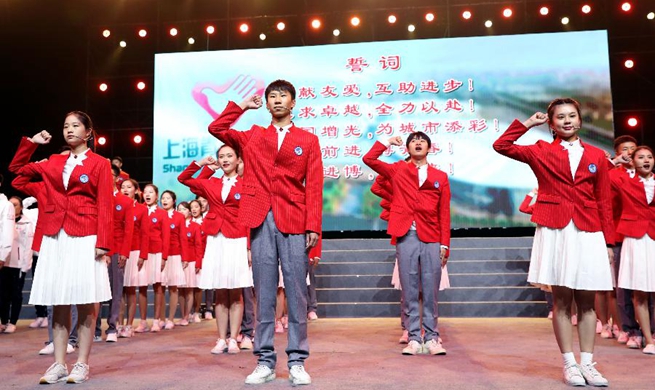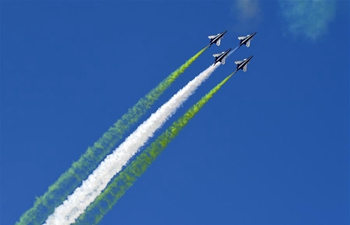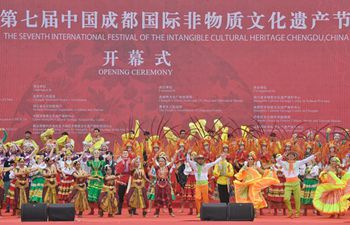ROME, Oct. 19 (Xinhua) -- The achievements and future chances of Sino-Italian aerospace cooperation were addressed at a seminar Friday during the Festival of Diplomacy running here from Oct. 17 to 25.
Hosted at the Chinese Embassy, the ad-hoc event was among some 80 seminars and meetings providing overviews on crucial diplomatic topics offered by the festival, which is organized under the patronage of Italy's Ministry of Foreign Affairs.
Officials and experts from both countries discussed the strategic value of the cooperation in the space sector, highlighting the progress made so far.
In a keynote address opening the seminar, Chinese Ambassador to Italy Li Junhua stressed how China and Italy have both strongly pursued "the space dream," achieving important results in the last 30 years and showing a common approach under several aspects.
"They have showed a similar vision, for example, both considering the space as a common resource and supporting its pacific use," the ambassador said.
Li also stressed the results brought about by aerospace cooperation today are providing actual benefits in people's everyday life through advanced technologies, for example in terms of disaster prevention or major weather events forecasting.
Lu Fangjun, professor with the Institute of High Energy Physics of Chinese Academy of Sciences, and Roberto Formaro, head of Technologies and Engineering Unit of the Italian Space Agency (ASI), reviewed some key steps recently made by Chinese and Italians in terms of deep space exploration and human space missions.
Both experts highlighted a top achievement was represented by the progress made with the launch of the China Seismo-Electromagnetic Satellite (CSES) on Feb. 2, 2018, which carried an Italian particle detector developed for the "Li Madou" project.
More specifically, the CSES mission is devoted to monitoring electromagnetic field and waves, plasma and particles perturbations of the atmosphere, ionosphere, and magnetosphere induced by natural sources and anthropocentric emitters, and study their correlation in the occurrence of seismic events, according to information provided by ASI.
Various speakers at the seminar then focused on the future chances of the cooperation, which the two countries agreed to continue on the CSES-2, the second satellite mission scheduled for launch in 2021.
